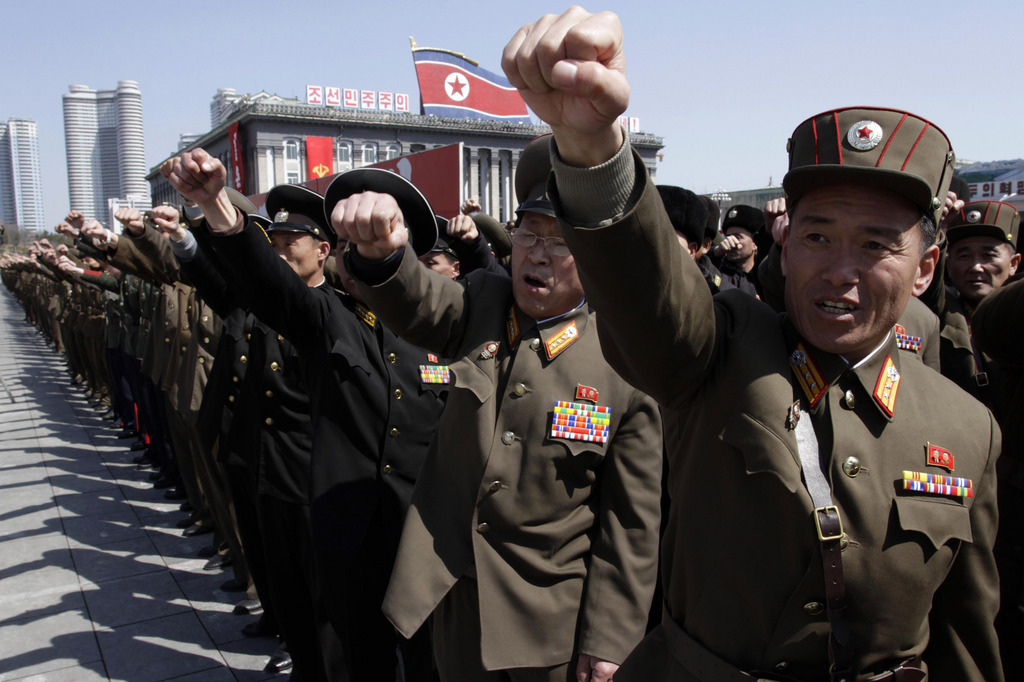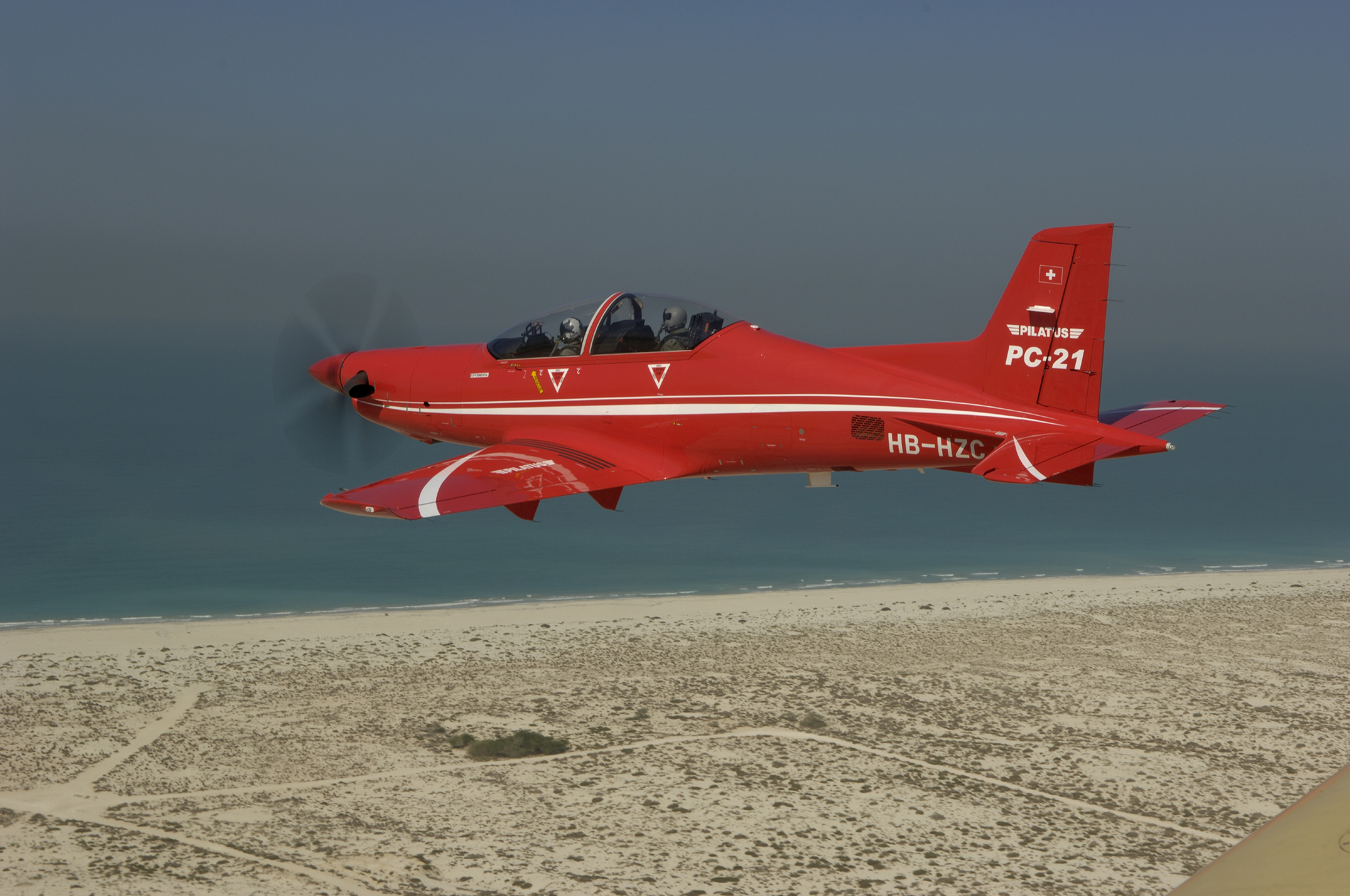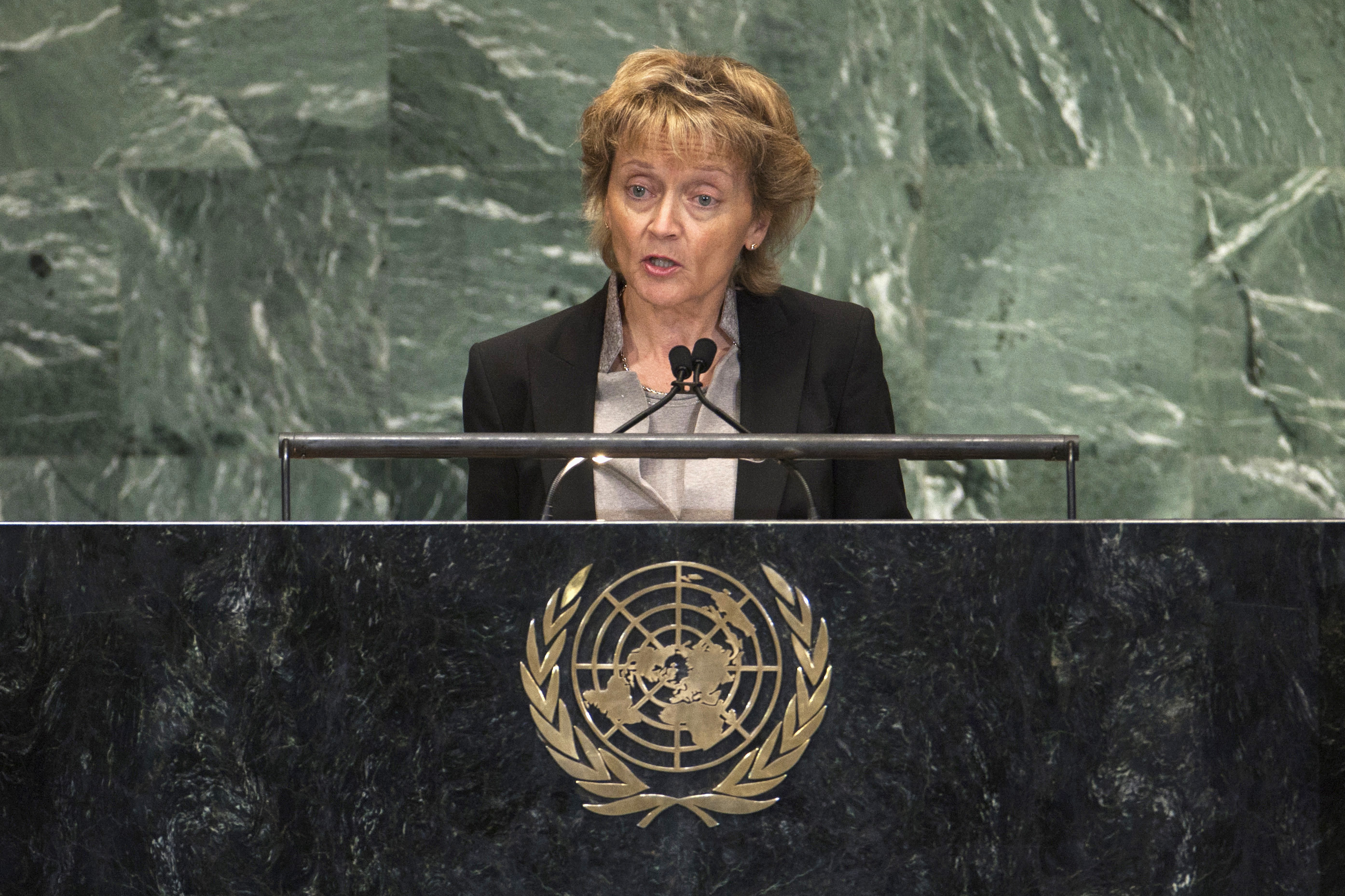UN tightens global trade in weapons

The United Nations General Assembly has voted to accept a treaty regulating the $70 billion (CHF66 billion) conventional arms market, the first concerted move to more effectively protect civilians and prevent war crimes worldwide.
The treaty will set standards for the cross-border trade in tanks, warships, artillery, missiles, combat vehicles and aircraft, as well as weapons from assault rifles to handguns.
Switzerland together with human rights groups, arms control advocates and most UN member states wanted a strong treaty, which imposes tough standards on the largely unregulated arms trade.
Thousands of representatives of governments, international and regional organisations and civil society were involved in the negotiations to hammer out the details of what is seen as the most important initiative ever regarding conventional arms regulation within the UN.
Switzerland voted to accept the draft treaty after voicing its frustration over the inefficiencies of the responsible UN body, the United Nations Disarmament Commission.
“As a specialised forum for deliberations within the United Nations disarmament machinery, the UNDC has failed to adopt any recommendations of substance for what has now been 13 years,” Paul Seger, the Swiss UN representative, said during the open debate of the disarmament commission in New York.
Within the UN framework, Switzerland has been active in the process for an arms trade treaty since 2006.
It was a member of a group of experts from 28 countries that handled the preliminary work and later participated in all preparatory rounds of negotiations.
Based on an arms export legislation considered to be among the strictest in the world and due to its humanitarian tradition, Switzerland was able to play a “competent and credible” part in the negotiations.
That it received a seat as one of the vice-presidents in the bureau of the arms trade treaty conference in summer 2012 can be seen as recognition of the Swiss engagement.
During the round of negotations in March 2013, Switzerland was a member of the conference drafting committee for the final text.
Years of frustration
Seger warned that the Conference on Disarmament was “stymied and risks facing yet another year of frustration” thanks to the absence of political will to move forward or to discuss nuclear disarmament and conventional disarmament side by side.
“As the challenges pile up, the UN institutions dealing with disarmament no longer seem able to respond adequately to expectations,” Seger said. “It seems to us increasingly difficult to argue against the need for a complete overhaul of the disarmament machinery and a new approach in this sector.”
From the beginning, the main support for the convention came from Europe, Latin America and Africa. In July last year, a first round of negotiations failed, after the United States – the world’s biggest arms trader – together with Russia and China had asked for more time to review the treaty.
Last month – at the conclusion of a ten-day conference – the UN member countries failed again to adopt the draft. This time, the US said it would support the treaty, but it was blocked by Iran, North Korea and Syria. A group of nations then demanded a vote in the 193-member assembly to get around the logjam.
The treaty eventually accepted on Tuesday forbids UN member nations to export weapons to countries that violate human rights and international humanitarian law, those fostering terrorism or committing genocide or other war crimes.
The convention will, however, not ban the export of any particular weapon or affect domestic arms commerce. The agreement does not interfere with existing national laws on the right to self-defence or to carry arms.

In compliance with the JTI standards
More: SWI swissinfo.ch certified by the Journalism Trust Initiative



You can find an overview of ongoing debates with our journalists here. Please join us!
If you want to start a conversation about a topic raised in this article or want to report factual errors, email us at english@swissinfo.ch.